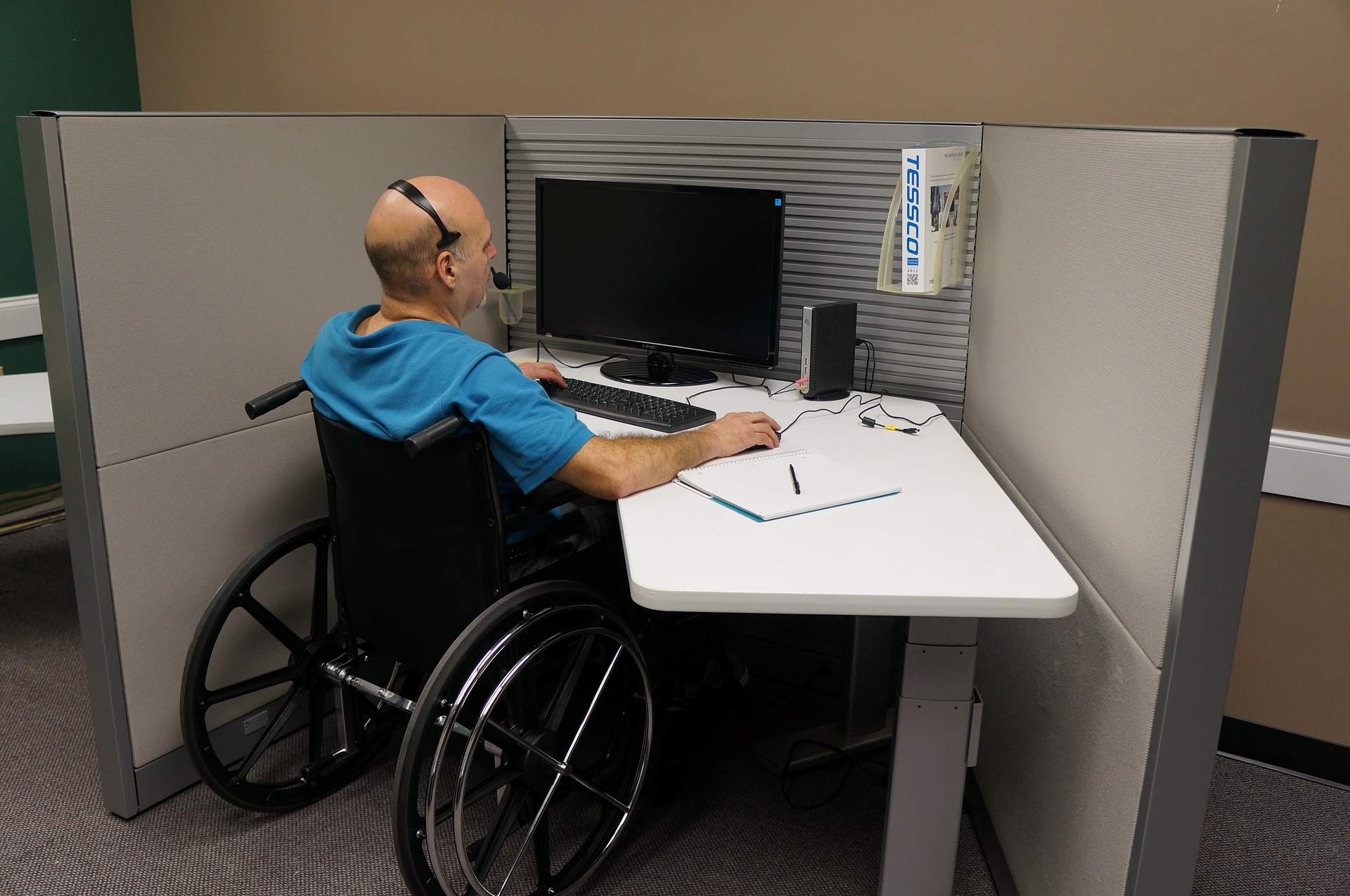Globally there are a huge number of people living with disabilities that are invisible, so are therefore not always given the appropriate consideration by employers and colleagues alike. We are encouraging employers to communicate, educate and collaborate with their staff, to help make life a little easier for the benefit of all.’
Invisible disabilities
Disabilities that are not immediately apparent can include mental illness, chronic pain or fatigue, diabetes, sight or hearing impairments, Crohn’s disease, learning difficulties, brain injuries, neurological disorders, and many more.
Not only are some disabilities not obvious, sometimes an individual with a disability may even try to keep it hidden. The WHO states that, of the estimated 450 million people worldwide living with a mental or neurological condition, two-thirds (approximately 300 million people) will not seek professional medical help, due largely to stigma, discrimination and neglect.
In the workplace, employees may keep silent about hidden disabilities because they do not want to open themselves up to discrimination, or because they do not want to be solely identified by their disability. There is often a fear that colleagues may not understand the disability or may not even believe it exists.
It’s imperative that employers consider this when putting together their health and wellbeing programmes, and that they encourage an open culture and ensure that support is offered. It’s also important to let employees know what support is available, and to encourage them to utilise it.
Cultural differences
International employers need to be aware of cultural variations in different countries that may lead to people with disabilities being treated in very different ways. Some countries are very supportive of people with disabilities but in others the employer may need to play a greater role to ensure staff are supported.
For example, since 2018, it has been a legal right in the United Arab Emirates for employees with disabilities to be treated in the same way as other employees. Employers must ensure that working environments and conditions do not present a barrier to people with disabilities.
In Australia, the government runs both the Disability Employment Service and the Disability Management service. These respectively help people with a disability to find work and keep a job, offering assistance in the workplace if required.
It’s important that employers with employees around the world are aware of such different approaches, so they can ensure all staff have access to support and are treated equally.
Assisting employees
Many wellbeing benefits that employers already have in place may well offer assistance to employees with disabilities. For example, disability is a risk factor in people with depression, however, there is a lot that employers can do to support their staff with this. For instance, global employee assistance programmes (EAPs) have been specifically developed to support staff overseas, and they can help employees to connect with mental health resources, and to overcome non-medical barriers to returning to work, such as confidence issues. EAPs can also coach supervisors about managing employee concerns and issues.
It’s also important to ensure that support for mental health is included within international private medical insurance (IPMI), as is checking the company’s existing employee benefits package for additional options such as help in dealing with stress and anxiety.
Sarah Dennis concluded: ‘There are many options available to help employees with disabilities, whether hidden or obvious, to reach their full potential. It is a matter of employers being aware of cultural differences, encouraging an open culture, listening to the needs of their workforce and taking the time to ensure that support is included within their wellbeing packages.’







